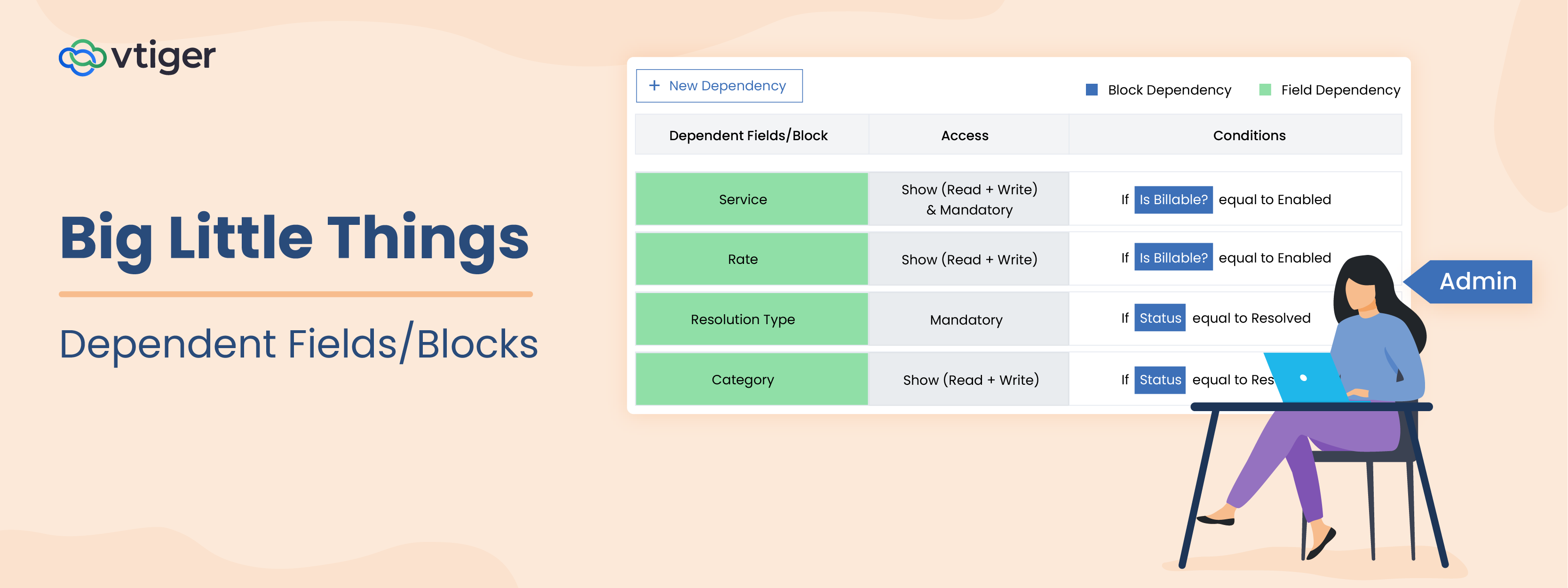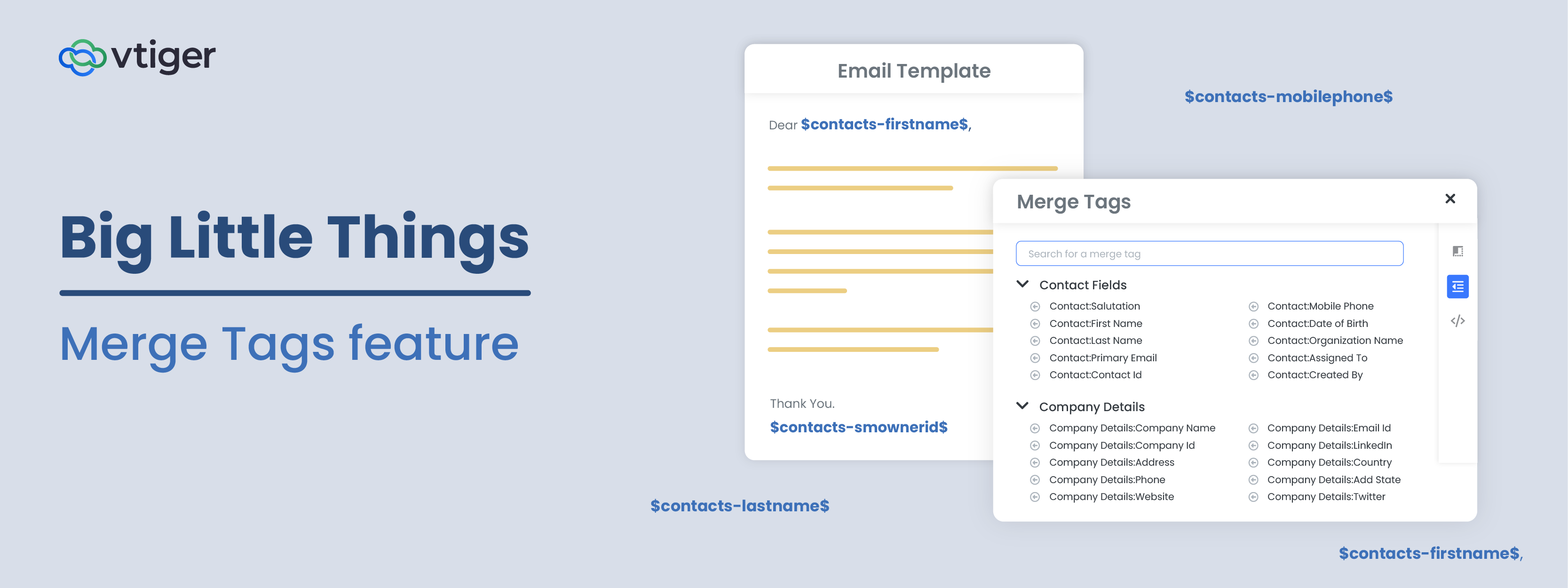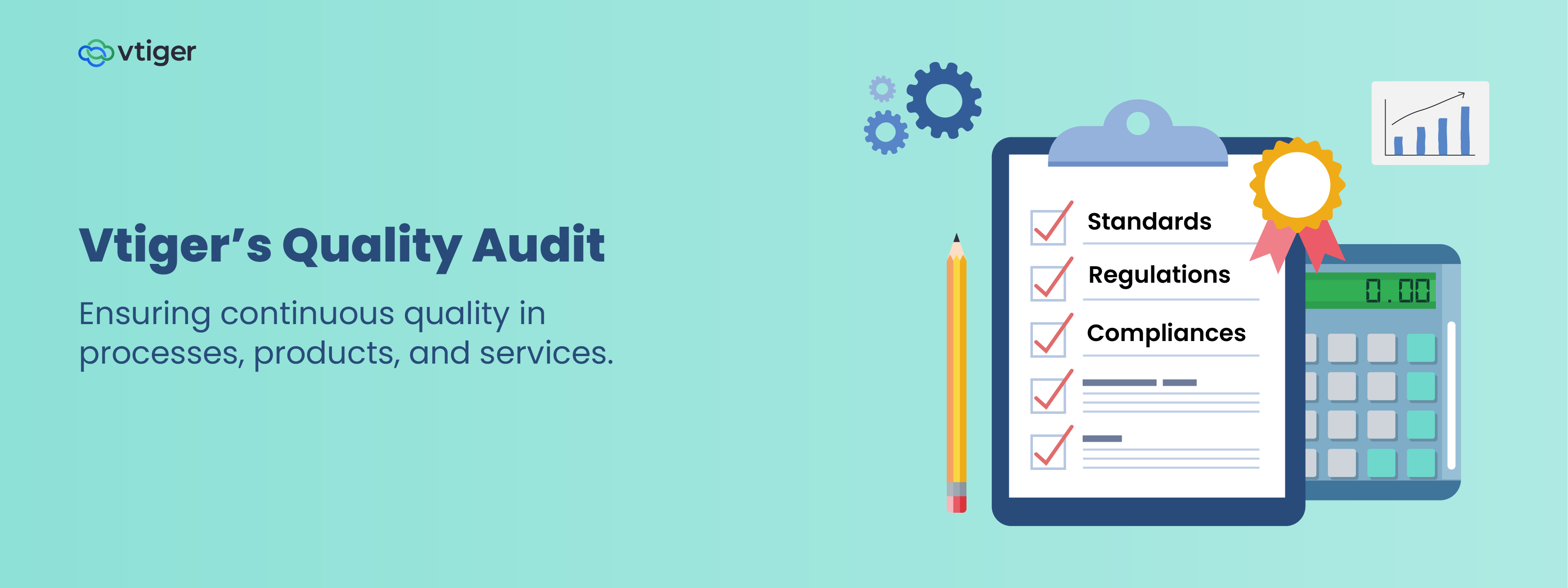For project managers, managing big or small teams, tracking how many hours their team members spend on each task is quite challenging. Employees hate manually filling out timesheets – recording how long they took to complete a task, relating the tasks to a specific project and client, and then sending it over to their managers at the end of the week. Project managers face resistance from team members with excuses like – “I’m too busy to track everything I do”, or “Multitasking makes it hard for me to track track time for every task”, or “I missed filling timesheet last week and now I don’t remember what I did.”
When managers mandate their employees to log the timesheets, many employees spend Friday afternoons trying to remember what they did over the week and entering what they remember. This result in incomplete, inaccurate, and delayed timesheet submissions. And project managers using these metrics to plan the future projects end up setting unattainable project task deadlines and allocate inaccurate budget and resources.
Vtiger’s new time tracker is designed to help employees automatically record their time spent on everyday project tasks, while the project managers get a greater visibility into their team members’ work day. Employees working on project tasks in Vtiger start the timer with a click at the beginning of the task and stop it on completion. Got to take a break in between? Simply pause the timer and resume it when you are back. Missed resuming the timer on return? No worries. Vtiger also supports manual time logging for entering the missed time duration.
![]()
Project tasks are of two types: billable one and non billable one. Once a project task is completed, Vtiger lets you mark it as billable or nonbillable. Your accounting team can then generate an invoice for all of a project’s billable tasks with a click, while reviewing non billable tasks helps can help you plan project scheduled more accurately.
Tracking time on project tasks helps to:
- Improve quotes and estimates:
- Bill clients accurately:
- Cut the slack:
Referencing time reports from previous projects helps managers plan budget and schedules for similar projects in the future. Time tracking helps managers predict how many hours of efforts will be required for a specific type of project. For instance, if a project is estimated to take 5 hours for completion but takes 7 hours, then the manager can set the future quotes for similar projects for 9 hours.
Also, it helps managers review the budget and deadlines as the project progresses. Let’s say you have a project which is estimated to require 20 hours of work. In the midway, the client comes up with a few changes and additional feature requests adding another 4 hours to the project completion. Now, you can approach the customer saying that the project budget has to be increased by X amount to accommodate new changes and point out to the exact number of hours your team has already spent on the tasks that have to undergo changes.
Customers are becoming more cost-conscious. They examine the bill more closely to see if there is any chance for negotiation or dispute. If customers are block billed – where multiple small services are bundled into a single block entry having a single time value – they assume it to be a strategy that you are using to cover up your inefficiency. For instance, an invoice of an ad agency, creating a video content, block billing a customer will look like – content write-up, video creation, voiceover, editing – 9hrs 30min. If each of these tasks is billed at different rates, since the invoice does not give a clear picture of how many hours was spent on each of these tasks – there will be room for suspicion.
With Vtiger’s time tracker, your accounting team can create invoices that have all the details of the exact hours spent on tasks that they are billed for. Let’s go back to ad agency invoicing example – with Vtiger the invoice will look like: content write-up service – 2hrs 30min, video creation service – 2hrs 30min, voice over service – 1hr 30min, editing service – 3hrs, total – 9hrs 30min. The separate itemization of services along with the time duration and cost leaves no room for any suspicion.
![]()
Harvard Business Review notes that untracked work hours could cost the US economy 7.4 billion dollars per day. When your team members track their time, they will get an idea on how many hours did they plan to spend on a task and how many hours did they really spend on it. Time tracking helps the team members identify the tasks that are stretching beyond the schedule; and because they feel accountable, the team members become focused on completing the task.
Read the Time Tracking documentation to get started. Have any questions? Please feel free to drop in a comment of mail us at [email protected]


